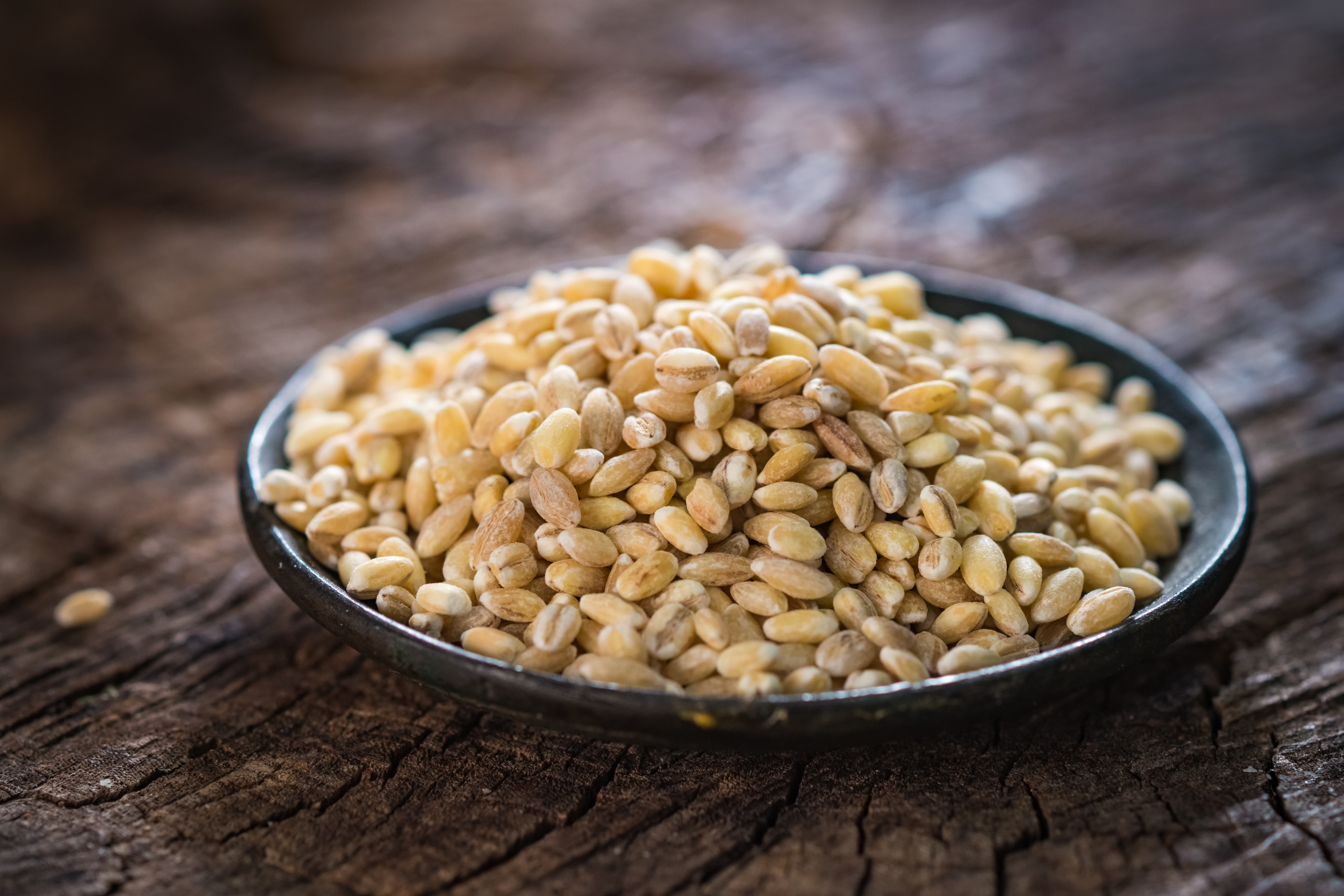10 “Health Foods” That Wreck Your Gut Over Time
In the quest for optimal health, many individuals turn to foods labeled as "healthy," believing these choices will nourish their bodies and support their wellness goals. However, what if some of these seemingly beneficial foods could actually harm your gut health over time? This article embarks on a journey through the surprising side of health foods that may inadvertently sabotage your gut. We will delve into the intricacies of how certain popular health foods, despite their positive reputations, can disrupt gut flora, lead to digestive issues, and ultimately impact overall health. Prepare to uncover the hidden truths behind these dietary choices and learn how to navigate the complex landscape of nutrition with a more informed perspective.
1. The Paradox of Whole Grains

Whole grains often top the list of recommended health foods due to their fiber content and nutritional value. However, for some individuals, particularly those with gluten sensitivities or intolerances, whole grains can be problematic. The presence of antinutrients like phytic acid can interfere with nutrient absorption, while gluten can trigger inflammation in sensitive individuals, leading to gut irritation. Moreover, the high fiber content, although beneficial for many, can cause bloating and discomfort if introduced too rapidly or in excessive amounts. Understanding your body's response to whole grains is crucial in maintaining a balanced gut environment.
2. The Dark Side of Artificial Sweeteners

Artificial sweeteners are often marketed as a healthier alternative to sugar, especially for those looking to cut calories or manage diabetes. However, studies suggest that these sweeteners, such as aspartame and sucralose, can negatively affect gut microbiota. They may alter the balance of gut bacteria, leading to glucose intolerance and metabolic issues. Furthermore, some artificial sweeteners can cause digestive discomfort, including bloating and diarrhea. It's essential to approach these sugar substitutes with caution and consider their potential long-term impacts on gut health.
